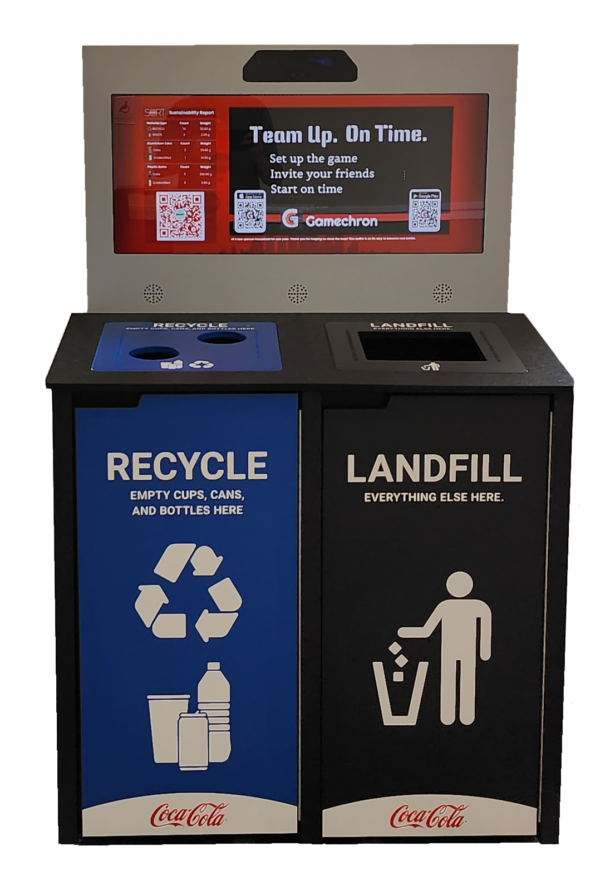In today’s business world, sustainability is no longer a buzzword. It’s a must-have for companies that want to remain competitive and relevant in the long term. Sustainable business practices are no longer just a matter of corporate social responsibility; they are essential for the planet’s and humanity’s survival. In this context, data-driven decision-making is critical to achieving sustainability goals.
Data can help companies identify and measure the impact of their actions on the environment, society, and the economy. It allows them to set specific targets and track their progress toward sustainability. Without data, it isn’t easy to know whether a company’s sustainability efforts are working, and it’s challenging to identify areas where improvements are needed.
Moreover, data can help companies identify opportunities for innovation and cost savings. For example, by analyzing energy consumption data, a company can identify areas where energy is being wasted and implement energy-efficient practices to reduce costs and greenhouse gas emissions. By using data to identify areas for improvement, companies can reduce their environmental footprint and create value for their stakeholders.
Data-driven decision-making also helps companies remain competitive. Consumers are becoming more environmentally and socially conscious and are increasingly demanding sustainable products and services. Companies that fail to meet these demands risk losing market share to competitors who have implemented sustainable business practices. Data-driven decision-making can help companies identify and capitalize on sustainability opportunities, enabling them to gain a competitive advantage in the market.
Sustainable business practices need data-driven decision-making to succeed. Data allows companies to set specific sustainability goals, track progress, and identify areas for improvement. It also enables them to identify innovation and cost savings opportunities and remain competitive. With the right data, companies can create sustainable business practices that benefit the environment, society, and their bottom line.




